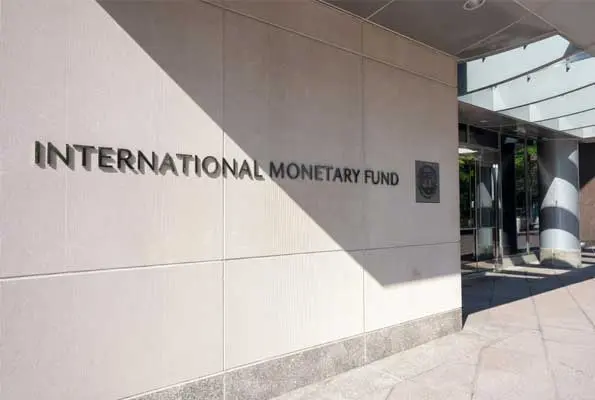As shocks and global headwinds like climate change and automation increase vulnerabilities in the Middle East and North Africa, the International Monetary Fund (IMF) has advocated for inclusive growth.
Kristalina Georgieva, IMF managing director, met with MRNA and Pakistan’s finance and central bank ministers in Marrakesh for the World Bank and IMF Annual Meetings and called for action.
“Many youths are inactive, rural and urban disparities persist, and women have few economic opportunities,” she said, while reiterating that social protection and job creation are poor in this region.
“The pandemic, Russia’s war in Ukraine, and global trends like climate change and automation have exacerbated these vulnerabilities. The upshot is greater inequality and opportunity disparities and less policy space to address them,” she stated further.
In its Regional Economic Outlook on the Middle East and Central Asia released in November 2023, the IMF predicted a slowdown in MENA growth this year as oil-exporting states maintain crude production quotas to stabilize global energy markets.
The Washington-based fund predicts ME&CA GDP growth of 2% in 2023. The newest estimate is below the IMF’s May 3.1% GDP growth forecast.
The region is expected to grow 3.4% in 2024 after growing 5.6% in 2022. The IMF expects MENA’s economic growth to match ME&CA’s 2% and 3.4% this year and next.
Fast Growth
The World Bank anticipated 1.9% GDP growth in MENA this year; however, the fund’s prediction is slightly higher.
The World Bank reported that regional oil-exporting economies grew by 6.7% in 2022 due to increased crude prices and OPEC output restrictions.
The IMF said fostering a vibrant private sector, overhauling social protection systems, removing barriers to women’s labour force participation, creating opportunities for youth, and boosting green investments will be needed to boost inclusive growth.
To strengthen the region’s private sector, barriers must be removed to allow new enterprises to enter markets and small businesses and start-ups to thrive.
“Leveling the playing field between public and private firms is a key priority for the region,” the fund stated. Reforming government rules, improving financial inclusion, and speeding digitalization will “significantly improve economic growth in MENA,” it noted further.
Equal access to health, education, and social insurance will also boost economic growth. The fund said revamping education and training systems to solve skills mismatches and ensuring 100 million youth reach working age in 10 years will boost regional economic growth.
MENA economies with a substantial pool of highly educated young women should prioritize closing the gender gap and impediments to female economic engagement.
“The region cannot afford to continue underutilizing this human capital,” the IMF stated, while adding, “Doubling the female labour force participation rate over the next 15 years can boost Moroccan output by 3%.”
The fund stated that job creation through green investment would increase growth and improve inclusivity since the most “vulnerable would benefit the most from reduced exposure to catastrophic events”.
The transition to renewable energy sources is necessary for sustainability but could also drive growth and job creation.
The region must also promote macroeconomic stability to transform numerous economies. Many MENA markets are exposed to shocks due to high governmental debt and must rebuild fiscal buffers.
The IMF said, “These principles will form the basis of the IMF’s engagement with MENA policymakers and other stakeholders for the years to come. It takes time to reform structures. We can overcome old and new obstacles and achieve a sustainable and inclusive future for the area by working together.”
Georgieva has been quick to point out that many youths are professionally inactive, while rural and urban disparities persist, and women have few economic opportunities. The IMF predicts a slowdown in MENA growth in 2023 due to various global headwinds.
To achieve inclusive growth, the IMF has suggested various measures, including fostering a vibrant private sector, overhauling social protection systems, creating opportunities for youth, boosting green investments, and promoting macroeconomic stability.
The IMF aims to work with regional policymakers and stakeholders to achieve a sustainable and inclusive future for the area.



